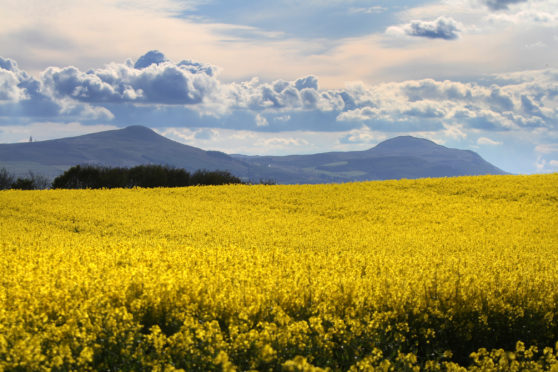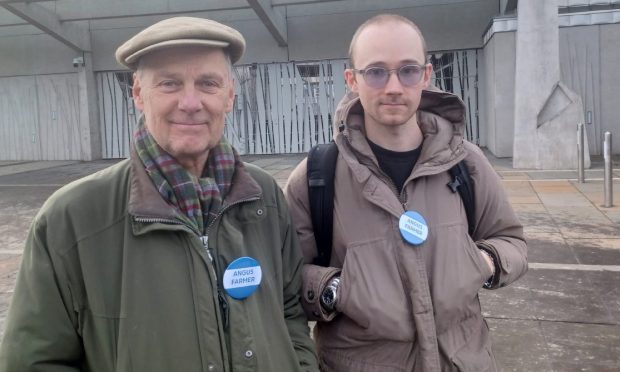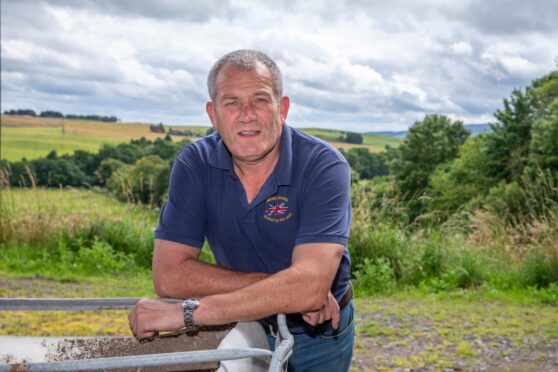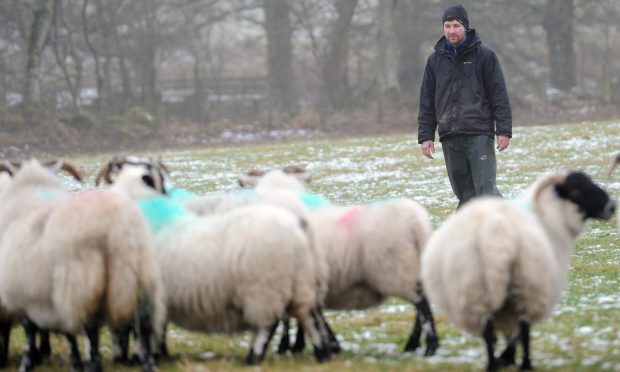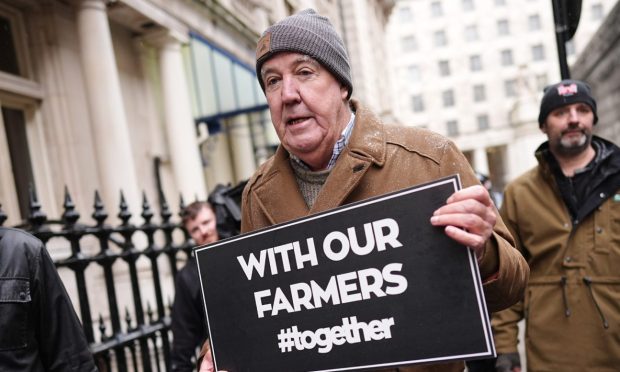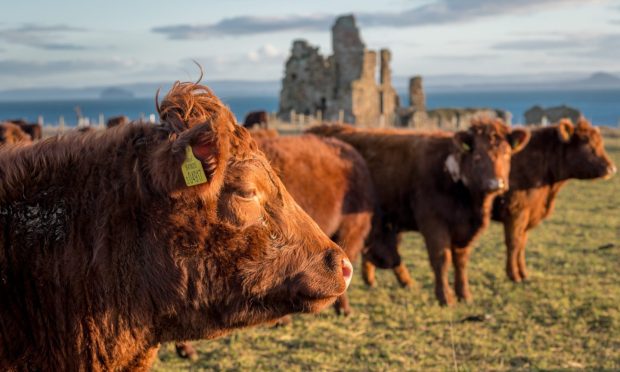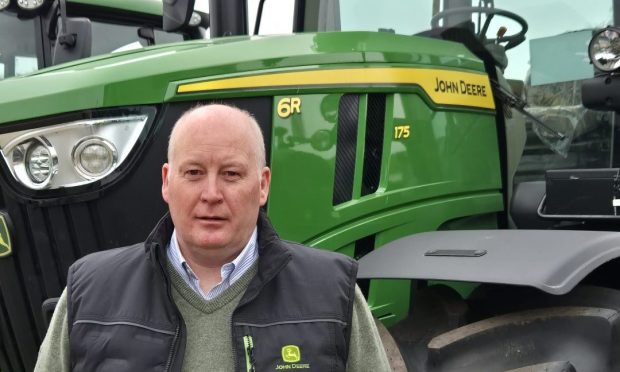A former vice-president of Scotland’s farmers’ union has called on the industry to relinquish the pre-harvest use of glyphosate to maximise the chances of the herbicide continuing to be licensed for other essential applications.
Writing in today’s Farming Matters, retired Fife cereals grower Peter Stewart says: “If we are to make any argument for the continued licensing of this controversial yet valuable chemical, we have to take the lead and ban the use on crops pre-harvest, no matter how safe we believe the most widely-used product of our generation to be.
“If no use is allowed at all, where do the min-till cereals growers go in the fight against black grass and grass weeds?”
In 2017 the European Commission voted to relicense glyphosate for just five years until December 2022, a decision which was a blow to both the agriculture industry and European environmental pressure groups, which had campaigned for a complete ban after conflicting scientific reports on the safety of the product.
The “ban glyphosate” campaign has not diminished and a further blow to the manufacturers Monsanto came last year when an American jury found it liable for a terminally ill man’s cancer.
There is now widespread concern that relicensing will be an uphill challenge in 2022.
However, NFU Scotland president Andrew McCornick rejected the idea that any use of glyphosate should be sacrificed and warned it would be an admission that there was a problem with the product.
“I recognise what Peter is saying, but if we start picking at specific uses we draw out that there’s a problem and that would be the first step towards acknowledging there’s an issue,” he said.
“It is one of the best chemicals we have and because of our climate we need to use the product pre-harvest. Our crops don’t ripen the same as on the continent and there is already a recommendation that a crop shouldn’t be cut until after a certain period of time after application.”
However, Scottish Agronomy managing director Andrew Gilchrist said he – and many farmers – are already preparing for life after glyphosate.
“Technically Peter Stewart is correct,” he said.
“The closer to harvest you use glyphosate the more likely it is that there will be residues, but that doesn’t mean they carry any danger. However the anti-chemical lobby is now so highly-geared and powerful, any technical argument is irrelevant.
“The direction of travel is that we’re going to lose it anyway.”
nnicolson@thecourier.co.uk
